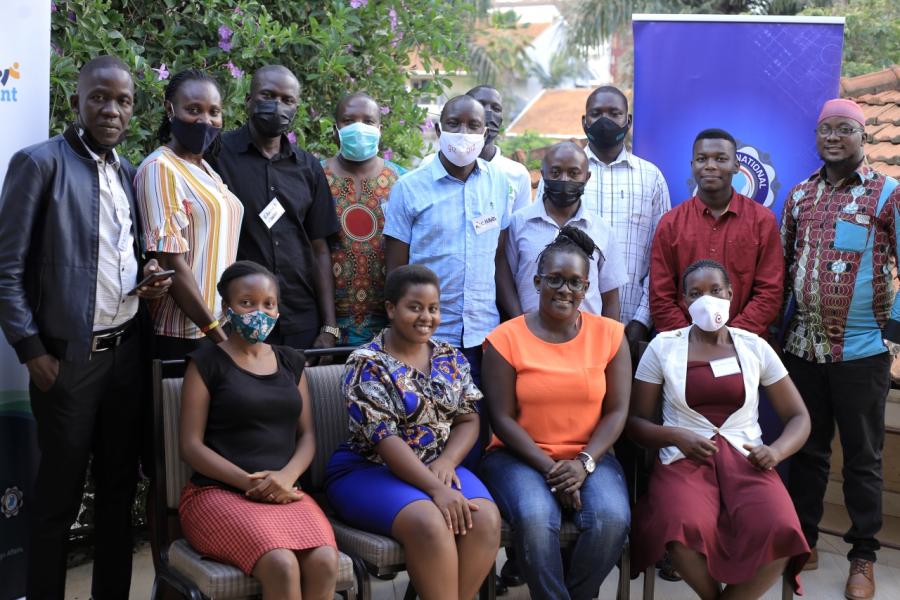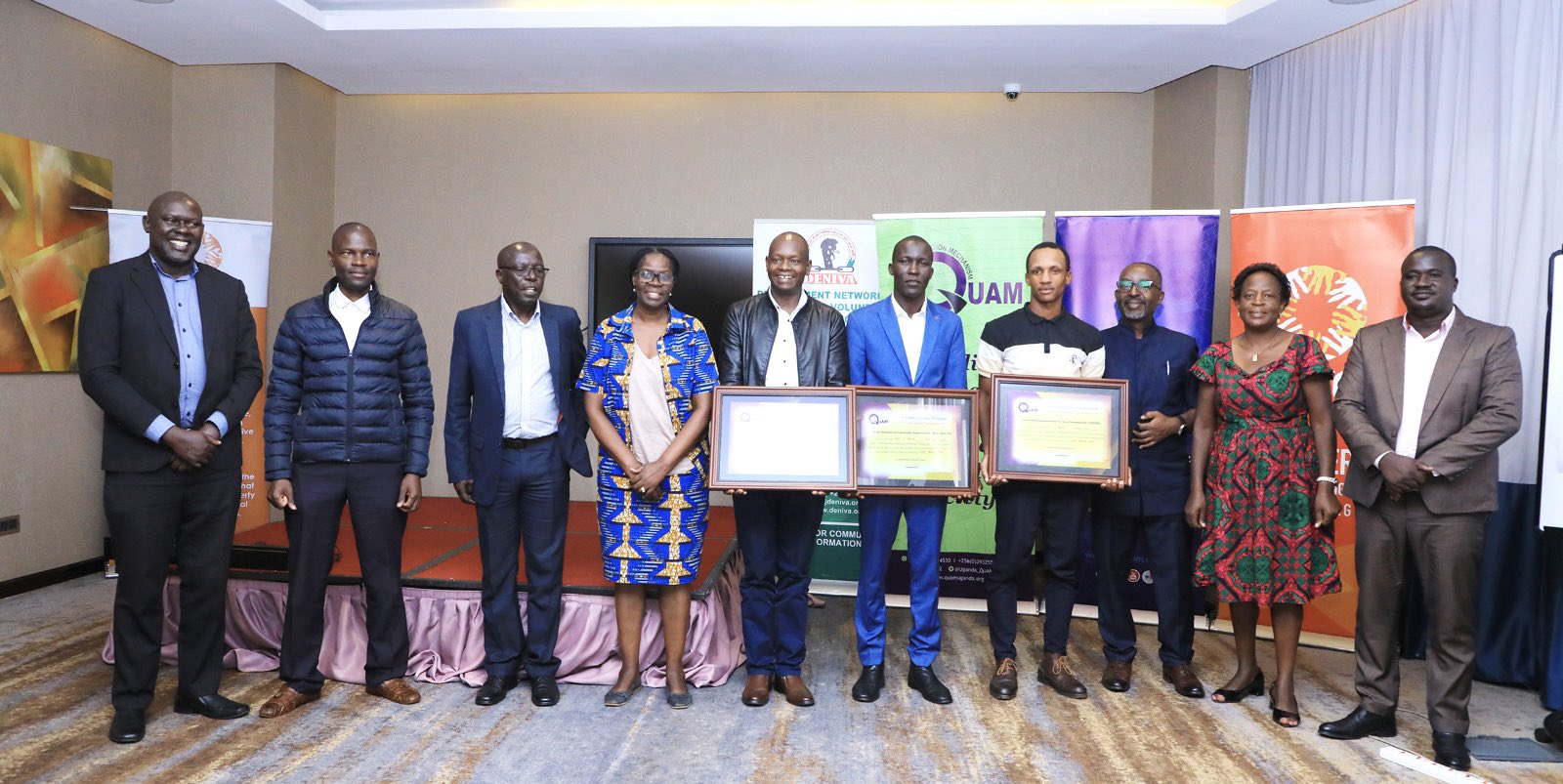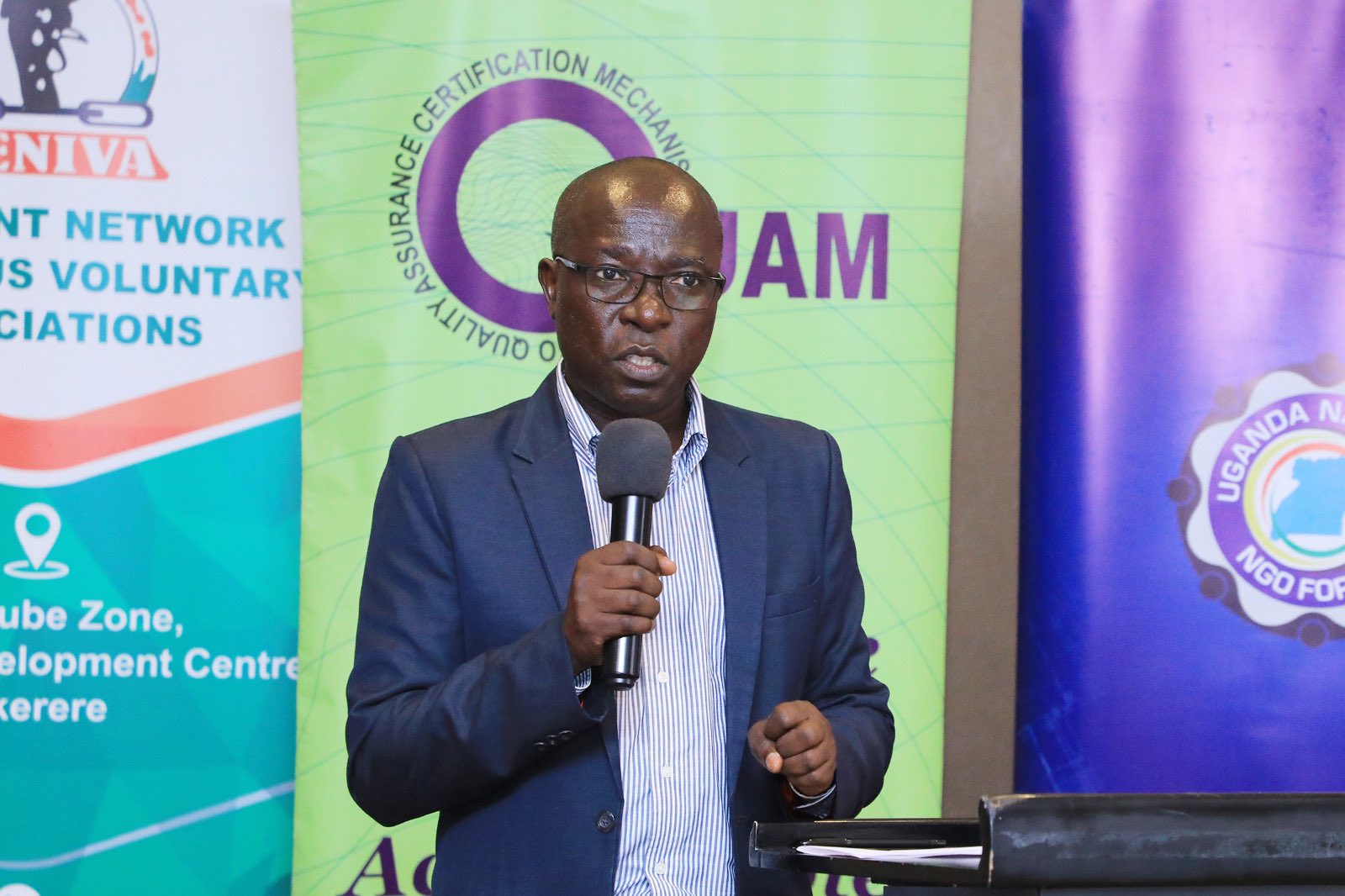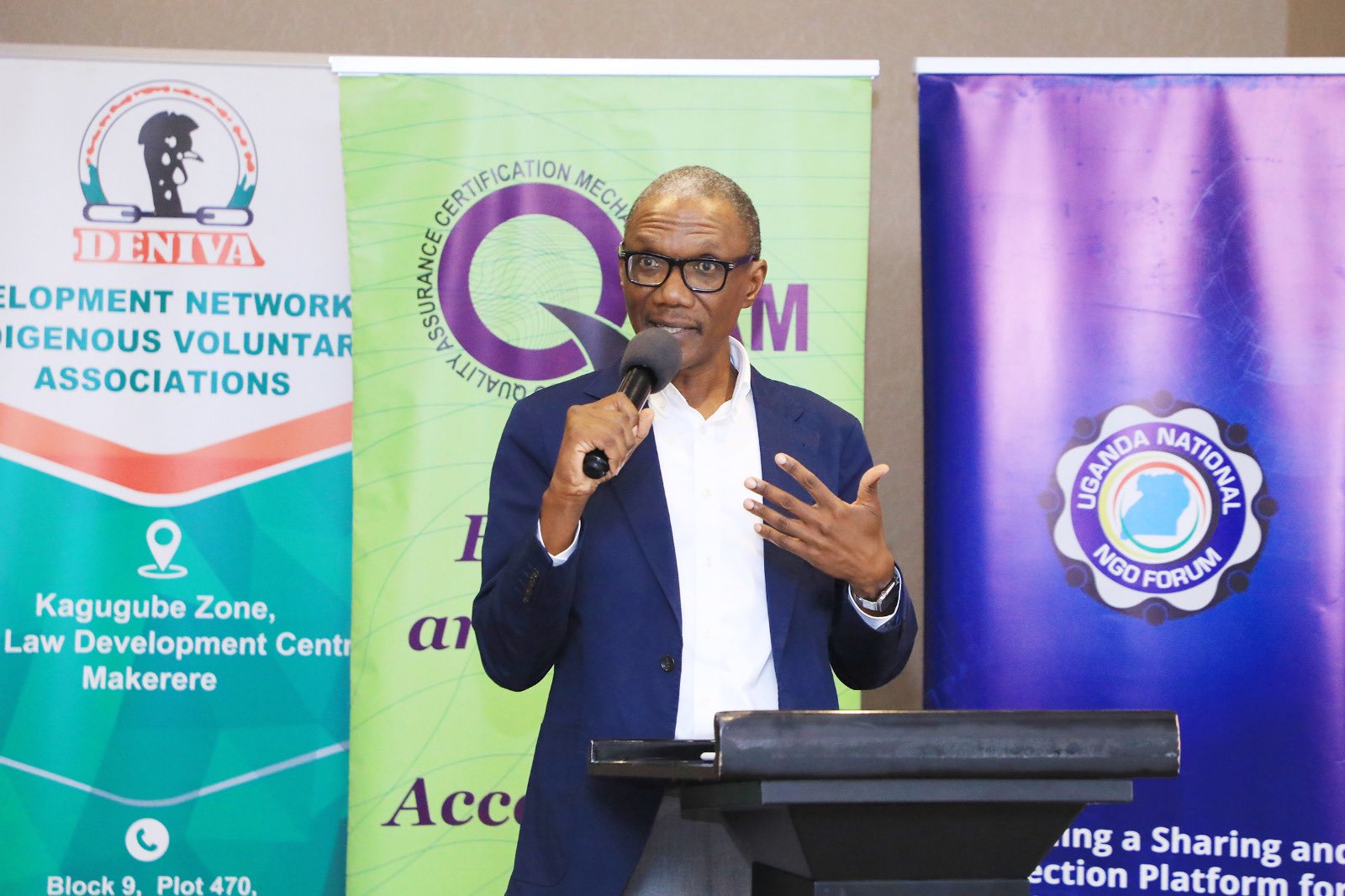
Philanthropy for Development Rolls Out Communities of Practice
UNNGOF’s Philanthropy for Development component has rolled out its Communities of Practice (CoPs).
These CoPs leverage existent frameworks for the ideal achievement of a social movement that believes in philanthropy and domestic resource mobilization, and recognizes their power.
On Friday 8th October, the Philanthropy for Development held a CoPs lead meeting to orient them about the p4d project and the importance of supporting and promoting local philanthropy. The meeting was an in-depth discussion on what the CoPs are, and how they would be rolled out and put into action.
Opening the meeting, Dr Moses Isooba commended the meeting as an important avenue to share, experimentally learn, unlearn and deconstruct best practices on how to create positive change. He reiterated the need to understand the theory of change through a bottom-up approach that empowers local giving and domestic resource mobilization.
In an active Q & A discussion led by Jane Kiyai, the Programme Officer, leads shared their understanding of philanthropy. One of the leads shared that philanthropy means communities working together for their development through giving and this can be time offered to facilitate processes. Another lead, explained philanthropy as a way community groups come down to the grassroots to support development ideas in the community.
Throughout the discussion, the Philanthropy for Development ideal outcome and strategic objective of enhancing freedom of speech by amplifying community voices were analyzed and explained. These discussions gave participants a holistic understanding of the programme, its theory of change the and how the roll-out will strengthen bottom-up linkages between the citizens, civil society actors and the international development partners.
The meeting also comprised deep conversations on what a community of practice is, the types of social communities that exist and the life cycle of communities. This enlightened the CoP leads to understand a community of practice as a learning partnership built on agenda, participation and curriculum.
It was now time to set the ball rolling with work plans and activities that the CoPs have to implement in their communities. A brief background on how the CoPs were formed was shared, clearly explaining that each CoP is to target a specific issue that its members are interested in. The leads were then equipped with knowledge on the selection criteria used to pick the leads of each CoP, and the specific guidelines on flexibility, documentation, innovation, accountability. These are the pillars that will guide the activity implementation and enhance partnership within the CoP.
The 5 CoPs formed were; i) COVID-19 Impact and Recovery, ii) Gender issues & Human Rights, iii) Social Accountability, iv) Education Reforms, and v) Youth Participation.
Learning, Relearning and Unlearning summarizes the CoPs meeting agenda. It was a platform for exchanging ideas, building social capital and redefining best practices across the different regions of Uganda.



